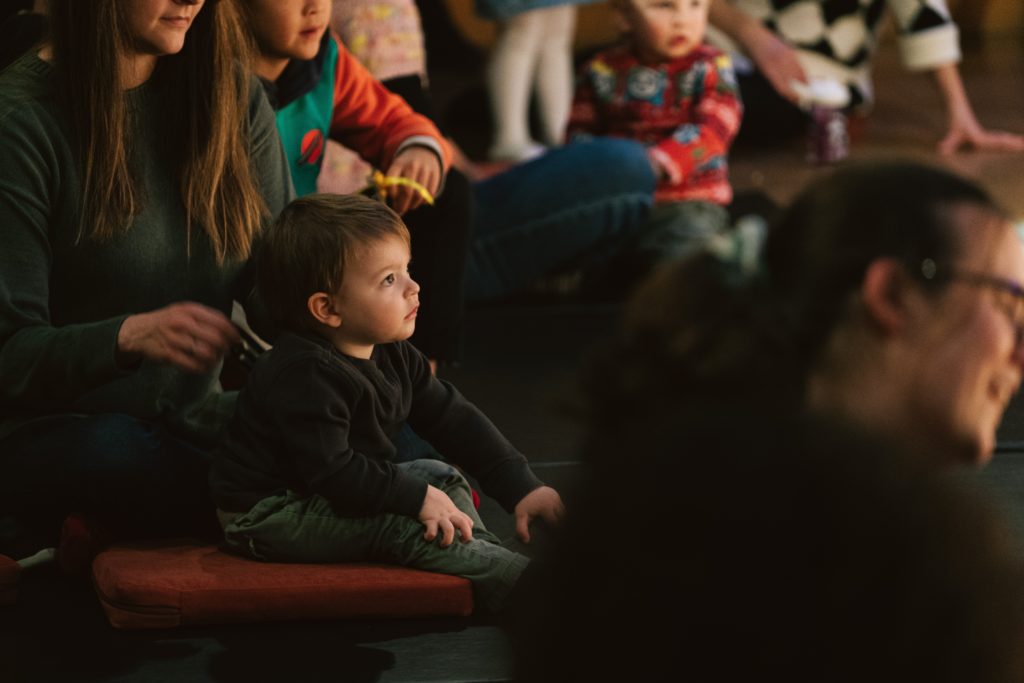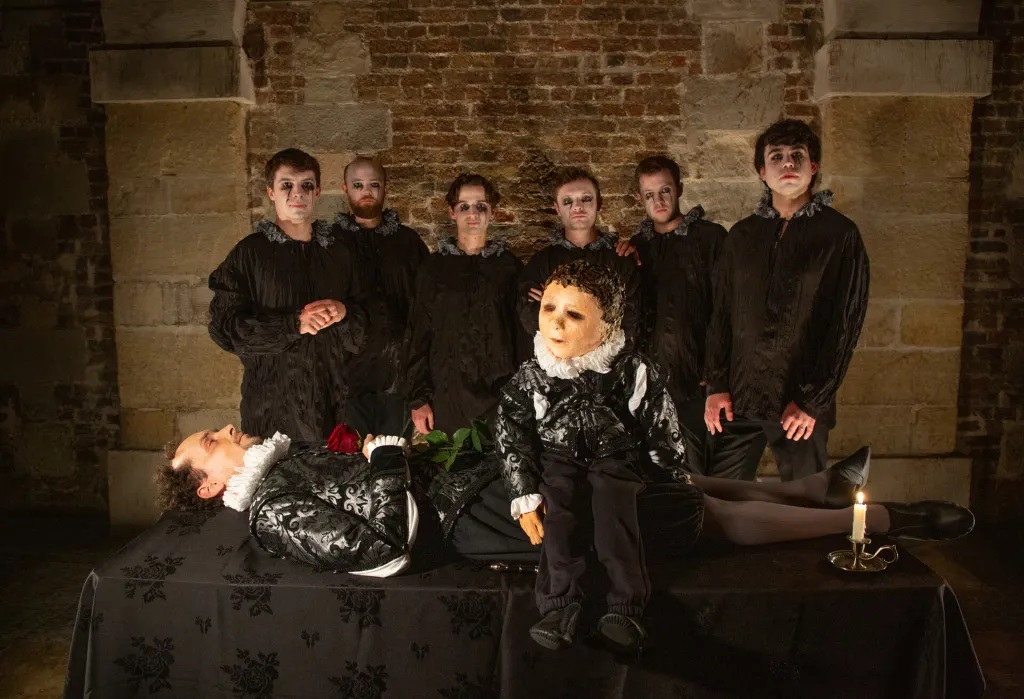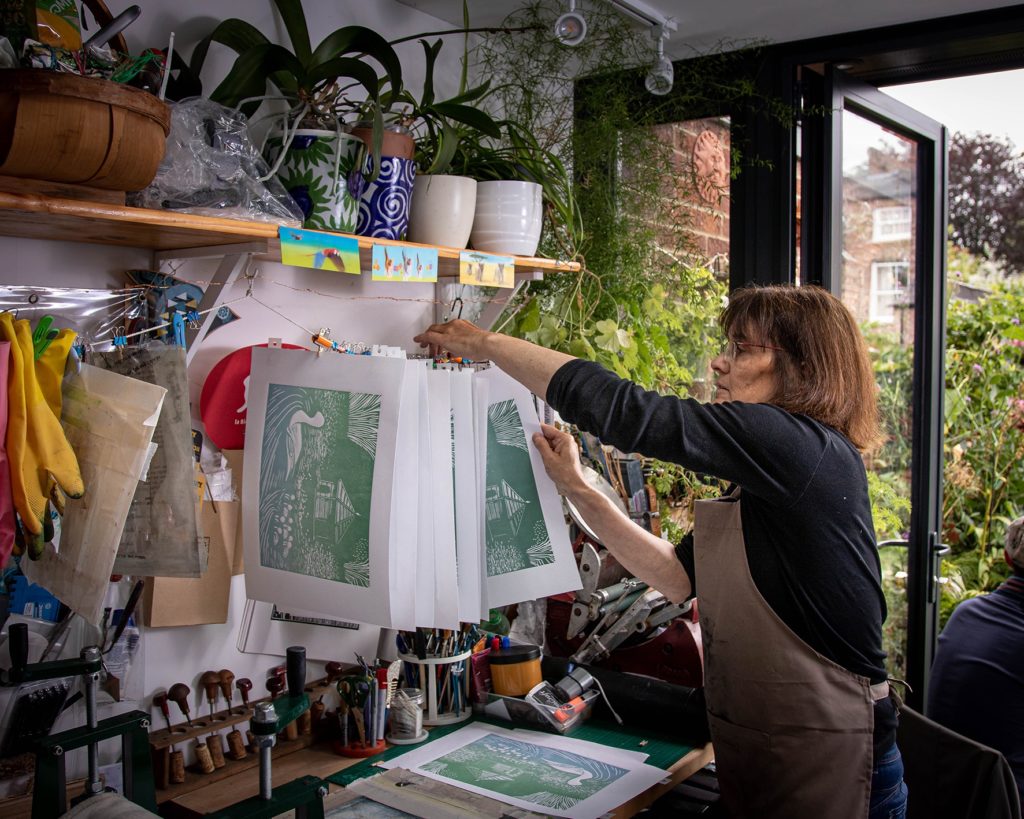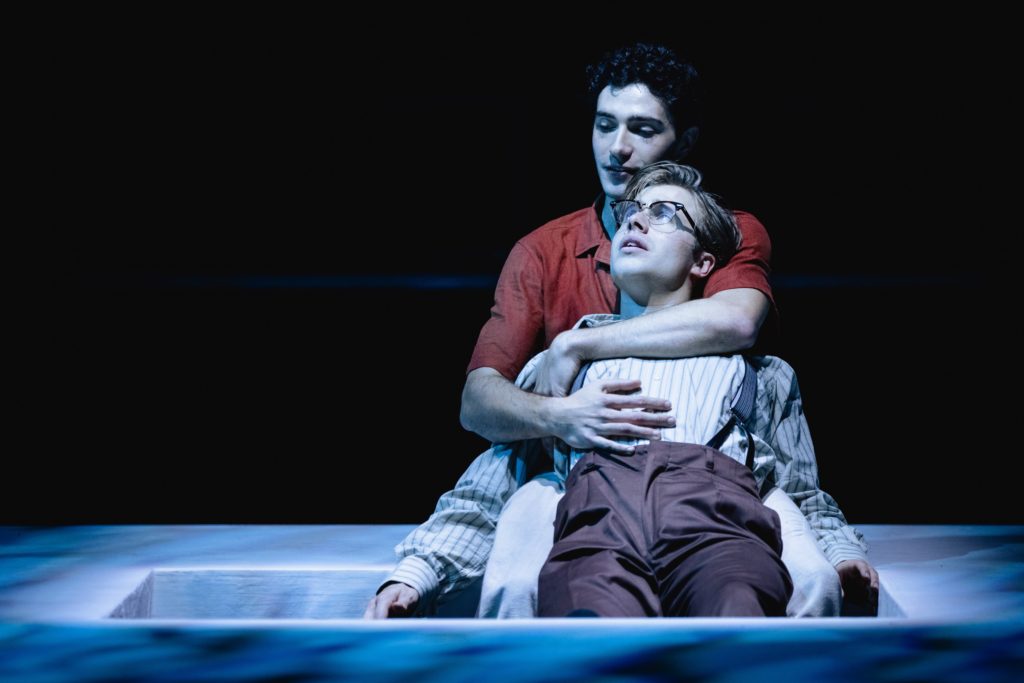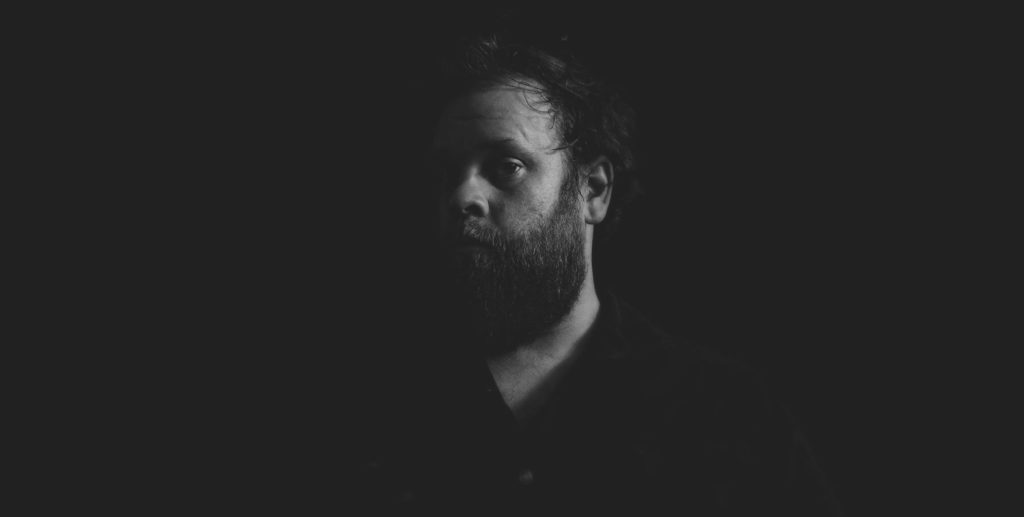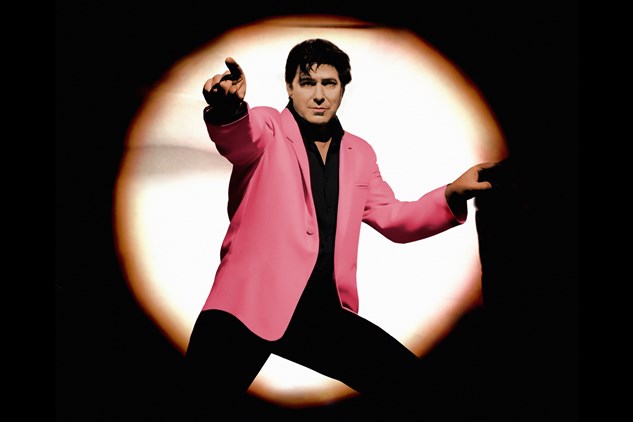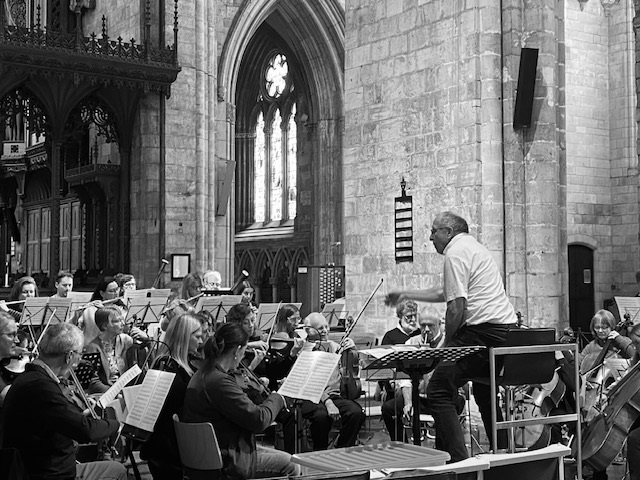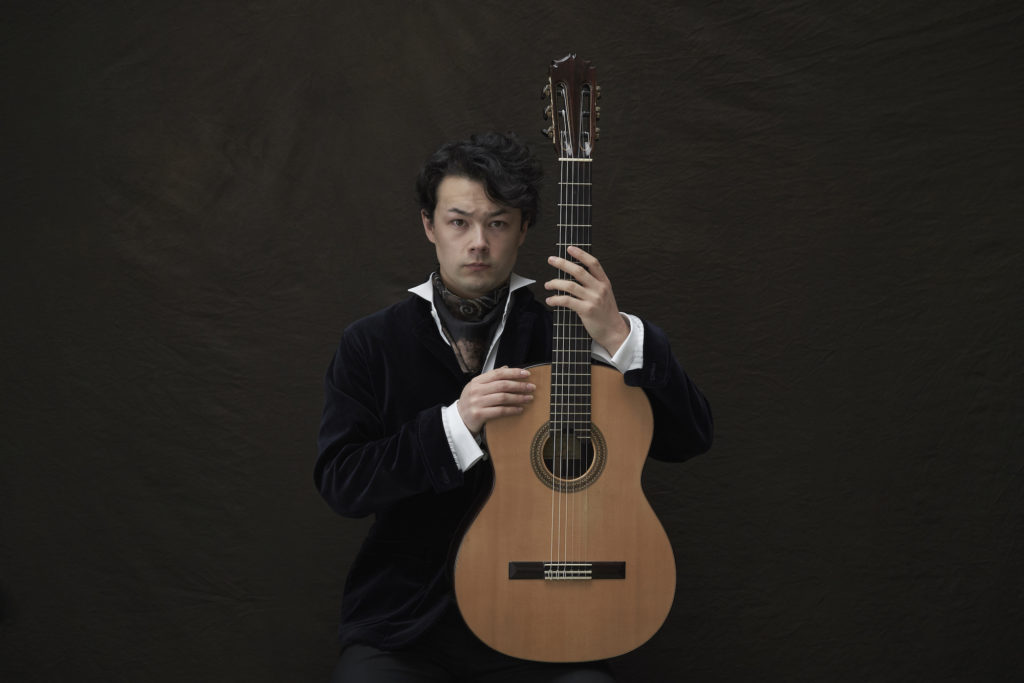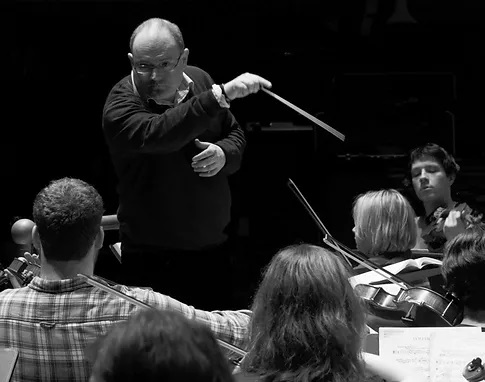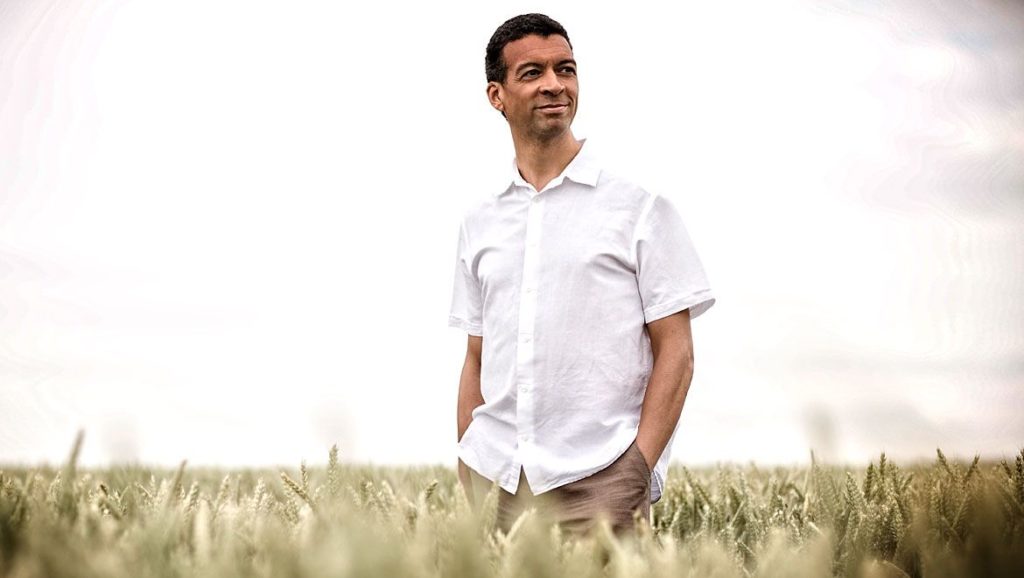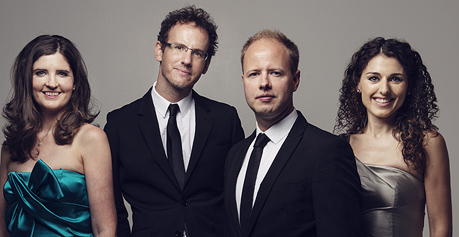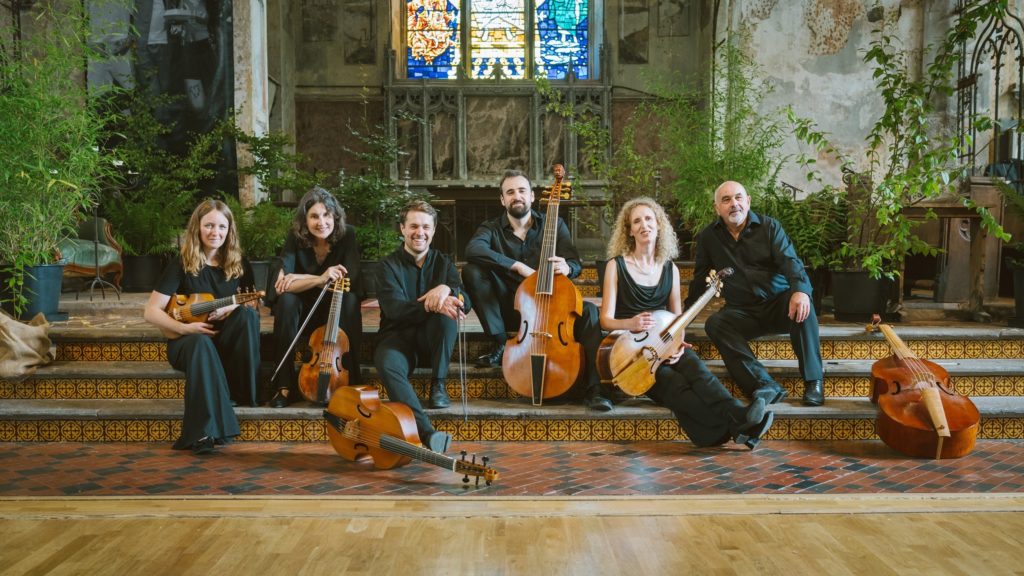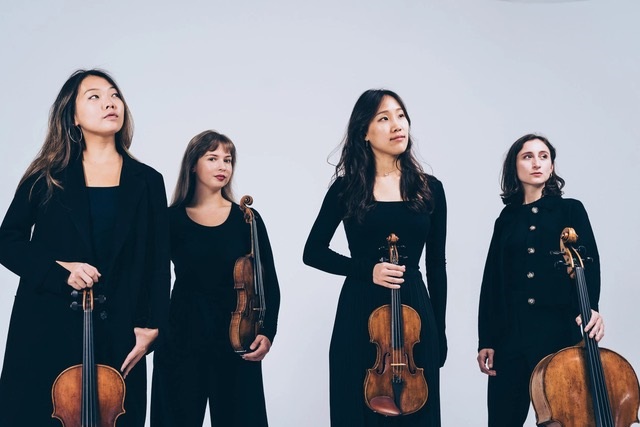
The Kleio Quartet. Picture: Sophie Williams
THE Kleio Quartet – Juliette Roos, Katherine Yoon (violins), Yume Fujise (viola) and Eliza Millett (cello) – opened opened the programme with an impressive account of Elgar’s String Quartet in E minor, Op. 83.
How this young group of players managed to embrace the emotional depth of this remarkable work was beyond me, but they did.
Although the Quartet was written in 1918, the final year of the First World War, it does not emerge as a wartime statement. It instead signals the collapse of the Edwardian world and Elgar’s withdrawal from public life.
Gone is the public voice of the Enigma Variations and the symphonies; Elgar retreats instead to the private, intimate world of chamber music. The Quartet is therefore shaped by introspection, cultural rupture and disillusionment.
This was most evident in the Kleio’s performance of the central Piacevole (poco andante): the emotional core of the work. The opening cantabile melody – played by the first violin – unfolded in a tender, sustained line, aided by minimal vibrato and superbly natural phrasing.
The lines were passed between the instruments with great sensitivity. The viola’s tone added a warm glow to the texture, suggesting nostalgia. There was noticeable role reversal with the second violin, which generally played a supporting role to the first, while the cello provided vital support through its countermelodies. The balance was impeccable.
If the opening Allegro moderato can be labelled dramatic, it is surely through the restrained tension beneath the surface. Again, the Quartet’s interpretation and judgement were admirably on display.
The thematic material is shared across all four instruments, and the balance and clarity of the inner voices – particularly the second violin and viola – were vital in maintaining the movement’s flow. The phrasing and dynamics were beautifully judged.
The closing Allegro molto was driven by a restless energy. The rhythmic playing was invariably precise, and the contrasting lyrical passages that emerged from the ensemble texture – with excellent contributions from viola and cello – carried that glance-over-the-shoulder, reflective quality. The end of the movement avoided any sense of triumph or resolution, but was satisfying nonetheless.
Beethoven’s String Quartet in D major, Op. 18 No. 3 came as a breath of fresh air. The opening Allegro was deceptively relaxed: the witty conversational interplay and the speed at which themes were passed around were a hoot. The rhythmic energy was light rather than driven, and the elegance of the playing made for an impressive opening.
Their playing in the Andante con moto had emotional warmth and lovely poise, while conveying a subtle tension beneath the calm surface. The third movement Allegro came across as a robust minuet, but one with both bite and humour. Sharp accents and crisp articulation added to the character, giving the dance a distinct rhythmic edge.
The closing Presto shone with sparkle and wit. The light articulation and clarity in the fast passagework were thrilling. Great fun too.
The interval usually gives me time to clear my head before the second half. This time, however, my companion pointed out that the Beethoven quartet opens with the same minor seventh as There’s A Place For Us from West Side Story. From that moment on, Bernstein refused to leave my head – a damned good tune, admittedly.
I have always found Mendelssohn’s String Quartet in E flat major, Op. 44 No. 3 to be texture-driven rather than theme-driven, with much of its character emerging from the interaction of inner voices rather than overt melodic statements.
It was a relief to hear a performance in which the texture was kept both clear and buoyant. This was evident from the opening Allegro vivace, where the movement’s brilliance lay in the quick exchanges between the instruments. Not for the first time, the viola and second violin ensured a strongly conversational quality.
The light, almost weightless playing in the second movement, Scherzo: Assai leggiero vivace, had a delightful, wispy, magical character, while the turbo-charged energy of the closing Molto allegro con fuoco – cleanly articulated and crackling with kinetic energy – nearly sent an instinctively animated first violin, Juliette Roos, into orbit.
For me, the movement that lingered most was the Adagio non troppo, the still point of the quartet. The long cantabile lines shared across the ensemble, shaped with warmth but without indulgence, and the intimacy of the phrasing made the performance genuinely affecting.
Review by Steve Crowther


